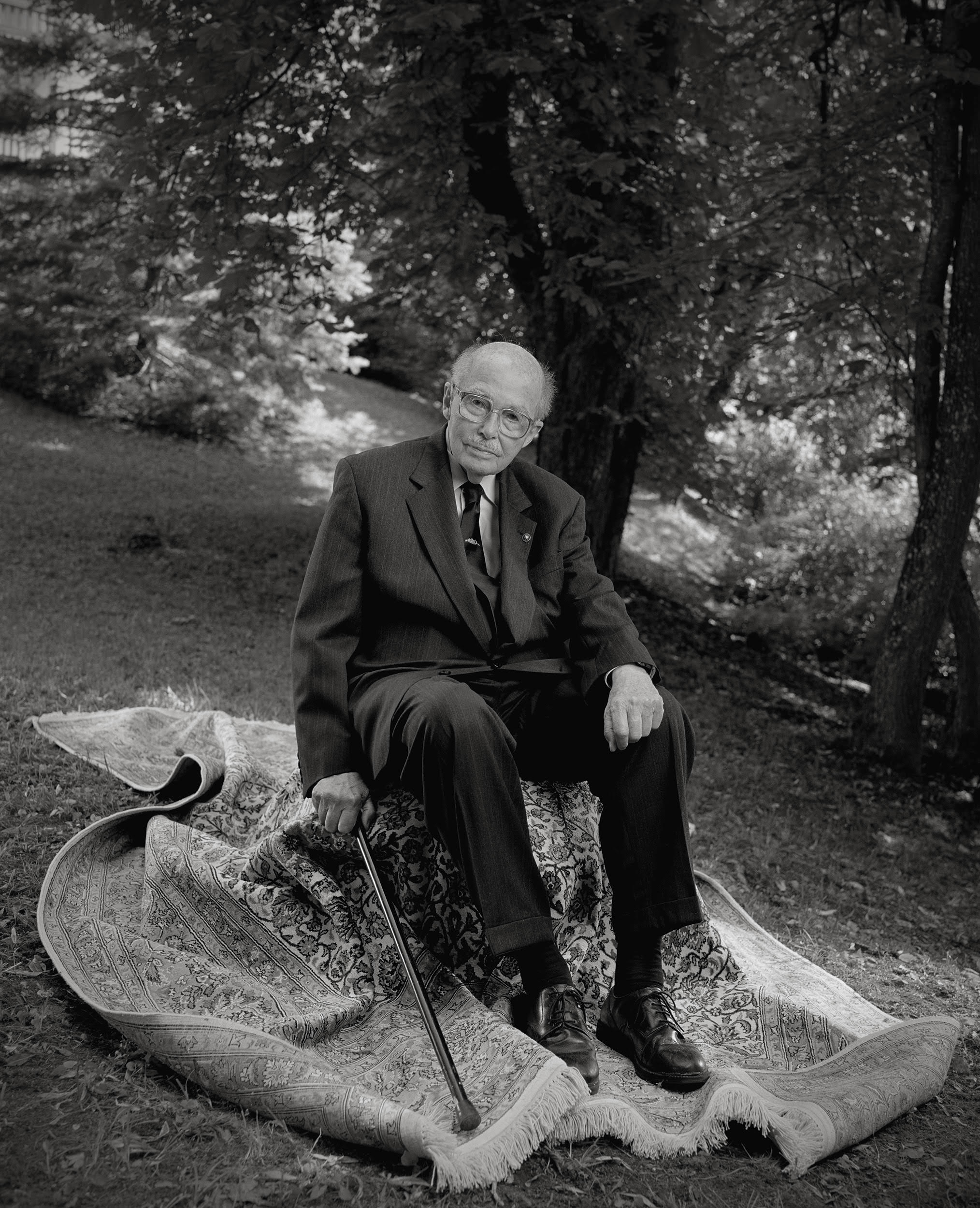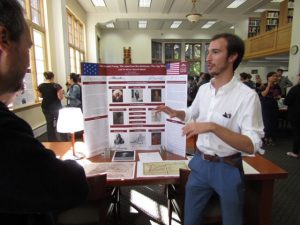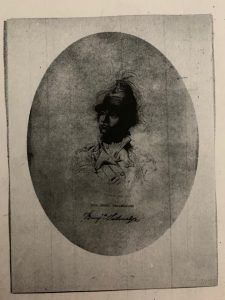When the Austro-Hungarian monarchy collapsed in 1918, no one imagined that someday the old Hapsburg dynasty would be able to revive its historic mission of being a protector of its own people and once again, in a sense, become “beloved.” But exactly that happened in the early 1990s when the former Hapsburg states were in the process of erasing any association with communism and “refreshing” collective memory in order to reclaim their lost status as western countries and win recognition as independent sovereign nation-states. It neither mattered whether these states broke up with the monarchy on good or bad terms nor whether they despised it while being part of it. Of course, some states evoked it more than others, and some even did not attempt to do so nor wanted to. But with a dynamic and influential member of European Parliament Otto von Hapsburg, who happened to be the son of the last Austro-Hungarian monarch and heir to the throne, ready to continue the ancestral tradition of being a protector of his own people and lands—now-former though—it was not hard to attract his attention and secure his help in the process of reintegration into a world guided by liberal and democratic principles. As Wall Street Journal reporter Roger Thurow wrote at the time, “Behind his white walrus mustache, Emperor Franz Joseph I of the House of Habsburg must be smiling.”[i]
Otto von Hapsburg was born on November 20, 1912, during the reign of his father’s great-uncle and one of the most influential Hapsburg rulers Franz Joseph I. Although he would never have a chance to rule over vast Hapsburg territories given that the monarchy collapsed just two years after his father was crowned, Otto von Hapsburg had a considerable influence in European royal and political cycles. He served as a President of Pan-European Union, the oldest organization advocating for the unification of Europe, strongly opposed Hitler and Austrian annexation to Germany, Anschluss, which forced him to leave European continent from 1940-1944, and, as already mentioned, served in the European Parliament for two decades advocating for the collapse of the Iron curtain and unification of Europe. He even joined the protestors on the ground as one of the organizers of a Pan-European peace protest on the Austro-Hungarian border, calling for an end of the communist rule and reintegration of the Eastern bloc to Europe.

Otto von Hapsburg with his parents following coronation in Budapest in 1916. Wikimedia Commons
Otto von Hapsburg’s approach to politics, however, might have been seen as unconventional and slightly controversial in the sense of global politics. Just imagine being a Western politician and hearing that at the end of the world war “serious mistakes were made which created a situation which could never lead to permanent satisfaction,” as von Hapsburg stated about the Potsdam convention in 1996.[ii] Or, just hearing him questioning the leading prosecutor for International Criminal Tribunal for Former Yugoslavia, as Croatian newspaper reported, and stating that he strongly opposed the way she led the prosecution—the view that was predominantly shared in Croatia.[iii] Or, questioning why some European states were invited to talks for potential membership in the European Union and others did not.[iv] But precisely these perspectives made him appealing and charming to the smaller states looking to reinvent themselves. He did not behave like a politician concerned with the macro picture of the world nor specific Western interests, as many of his colleagues in the Parliament probably did. He acted as someone concerned with the interests and image of his own state. But, in contrast to other political leaders, von Hapsburg did not have a state to represent. He only had a cultural and political legacy left from the state his ancestors ruled over.
But it seems that Otto Hapsburg was not interested in reclaiming the throne per se (indeed, he did not officially give up his claim to the Hapsburg throne until 1961.[v] But he was also neither interested in uniting former territories into new monarchy nor some type of commonwealth). Instead, he was looking to “modernize” the dynasty, adjust it to the demands of the new time—something his predecessors failed to do in the nineteenth and early twentieth century—and thus avoiding further decay of their family status and power. Otto Hapsburg’s approach was, on the one hand, a reset button for this old European family and, on the other, smart strategic move. As other former monarchs were lumping around and hoping to regain their power, titles, and properties back, Otto used his charisma, legacy of his family, and influence he built while in the “exile” to gradually win over people’s hearts and minds and return the status, and especially dignity, back to the dynasty. And, he succeeded in that. In that sense, the old saying, Bella gerant alii, tu felix Austria nube (“Let others wage wars; thou, happy Austria, marry”) was ironically true during the Cold war. The Hapsburgs again found a special way to acquire what they wanted. They once again proved that there is no Europe, and especially united Europe, without the Hapsburg dynasty.
The next blog post will build on this argument and look at how did Croatian press, and the public as well, see Otto von Hapsburg and his support, or rather approach, in their process of national “reinvention” in the 1990s and present day.
[i] Roger Thurow, “The King Is Dead! Long Live… Otto, Mr. von Habsburg — The Emperor’s Heir Picks Up Where Dynasty Left Off: Westernizing the Realm,” Wall Street Journal, March 1992, Nexis Uni
[ii] “Otto von Hapsburg Rejects Potsdam,” Czechs News Agency, May 25, 1996, Nexis Uni
[iii] “Otto von Hapsburg:’ Hrvati us vrlo civiizirani narod,'” VOA, April 16, 2005, https://ba.voanews.com/a/a-37-2005-04-16-voa15-86095272/1166385.html
[iv] “Otto von Habsburg je sebe smatrao Hrvatom, a Hrvatsku svojom domovinom,” DW.com, July 4, 2011. https://www.dw.com/hr/otto-von-habsburg-je-sebe-smatrao-hrvatom-a-hrvatsku-svojom-domovinom/a-15208697
[v] Nicholas Kulish, “Otto von Hapsburg, a Would-Be Monarch, Is Dead at 98,” The New York Times, July 5, 2011. https://www.nytimes.com/2011/07/05/world/europe/05hapsburg.html







